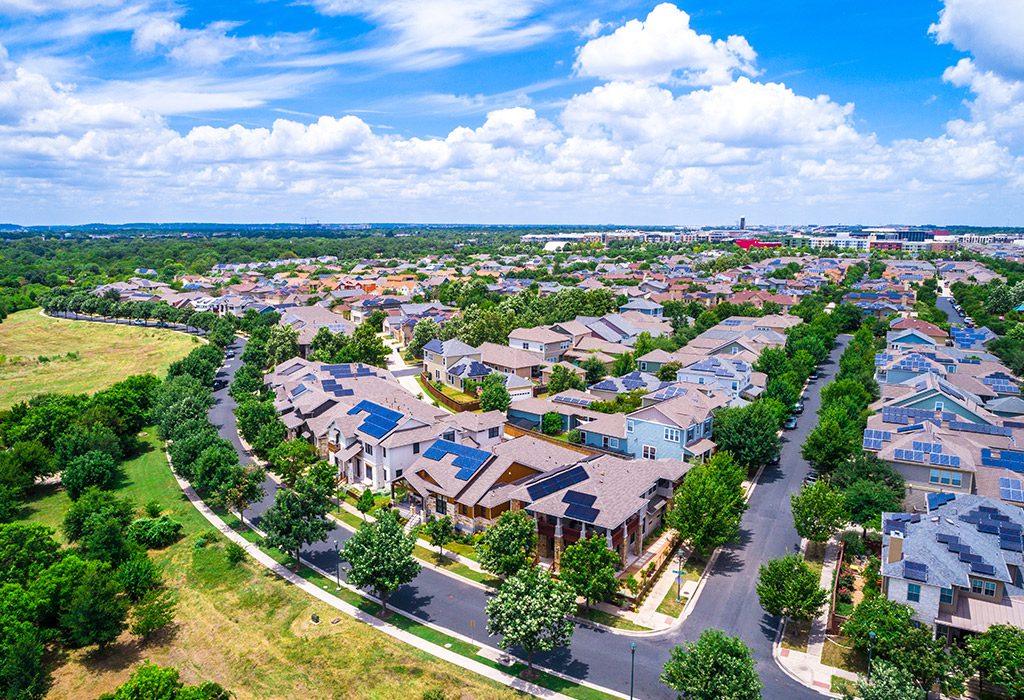
IESE Insight
Go solar: How social movements influence industries and help them grow
Dedicated social movements can make a difference for pro-social firms and industries, especially where the business climate is unfavorable.
As Margaret Mead allegedly said, “Never doubt that a small group of thoughtful, committed citizens can change the world; indeed, it’s the only thing that ever has.”
Not the only thing, perhaps, but there’s growing evidence that social movements — groups of dedicated actors that aim to promote shared social or cultural goals — can have an impact on promoting new firms and industries.
IESE’s Desirée Pacheco and Theodore A. Khoury of Portland State University examine the role of social movements in the development of solar energy in the United States. Specifically, they look at how social movements can successfully create an environment in which firms feel encouraged to enter the market, and in which circumstances they have the most clout.
Hello sunshine
As countries increasingly accept the need to replace fossil fuels with sustainable energy sources, the environmental benefits of solar energy become ever clearer. Despite this, not all economies have rushed to embrace solar in a timely fashion, leaving much of the groundwork to be covered by social movements.
In the U.S., tech-focused social movements, such as the Acadia Center in Maine or the Energy Trust of Oregon, have lobbied for its adoption in several ways, including:
- awareness campaigns
- training and educational programs
- supporting good ideas, fighting misinformation and finding common ground
- pushing for regulatory reform
- managing programs for swapping or upgrading
All these initiatives help a new industry come across as viable and legitimate. They clarify the unknowns in a firm’s offering, push for legal frameworks that make room for them, and target potential customers.
In the case of solar energy in the U.S., state-level laws define many residents’ attitudes toward the industry. Pacheco and Khoury’s research shows that it is precisely where the regional ecology is least supportive of solar offerings that social movements can make a larger difference.
“Social movements can catalyze expansion in an industry and prevent decline,” says Pacheco. Large social movements can also pave the way for firms to enter an industry when conditions seem complex or unfavorable. Adverse conditions might include a small population of firms with a similar offering, suggesting low awareness among the public, and perhaps a lack of legitimacy.
Significantly, Pacheco and Khoury’s research shows that social movements are not only effective in smaller industries, as is often assumed. Highly populated industries often experience a decline, as entrepreneurs can find entry conditions too competitive. In such cases, social movements can mitigate these pressures by expanding support and demand for the industry.
Mutual support
Though social movements are one path to greater awareness and the perceived validity of an industry, they aren’t the only one. The authors also examined the effect of neighboring or “mutualistic” industries — in this case, the wind energy industry, which is distinct from the solar industry but has clear parallels as another renewable energy source. Entrepreneurs in both areas share similar environmental goals.
Where social movements were relatively weak, the authors observed that the neighboring wind industry had a positive effect on solar entrepreneurship. In other words, the related industry helped to elevate the profile of solar energy in the region. Where there wasn’t a strong wind-energy presence, social movements stepped up and played a much larger role. So, while legitimacy can come from various places, social movements with limited resources may want to concentrate them on where they are most needed.
Finally, social movements helped smaller, specialist solar providers compete with large general energy firms. Here, the support to accelerate solar adoption and programs to reduce service or product costs (i.e., campaigning for state incentives for solar roof panels) allowed the solar specialists to counteract larger firms’ scope and economies of scale.
Social activism and emerging industries can be closely entwined, with other examples including the craft beer, recycling, and green building industries. And for those willing to take action on behalf of important causes, remember: you can do the most good where support is otherwise hard to come by.
It’s always darkest before the dawn. But with targeted activism, solar panels can be there to catch the first rays.
READ ALSO: All about cooperation, collaboration and partnerships
The author acknowledges the support of grant PID2020-113259RA financed by AEI/ MCIN/ 10.13039/501100011033.

